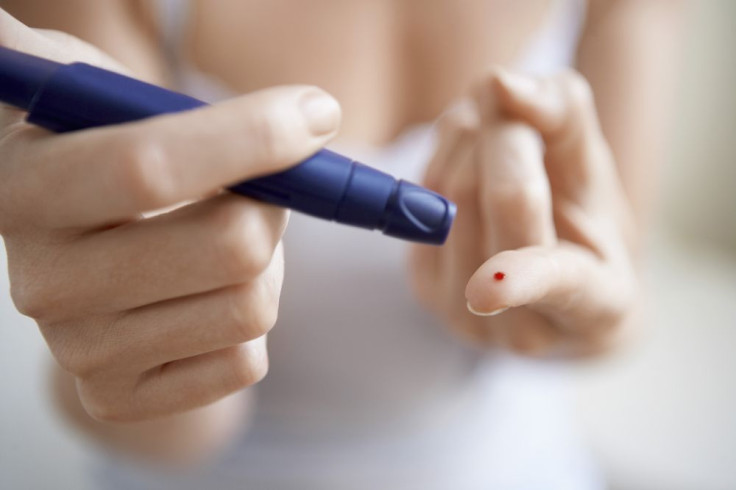Low Dose Of Common Cancer Drugs Prevents Type 1 Diabetes In Mouse Model

Could a common cancer drug moonlight as a preventative therapy against diabetes? In a new study from the University of Copenhagen in Denmark, researchers show that low doses of a cancer-fighting drug keep mice from developing diabetes mellitus type 1. The findings may help physicians lower the incidence of the condition that currently affects millions of Americans.
Dr. Dan Ploug Christensen, lead author of the study published in Proceedings of the National Academy of Sciences, said in a press release that the innovative therapy works by lowering the level of so-called sterile inflammation. If left untreated, this type of inflammation triggers events that inhibit the production of insulin, leaving the body unable to deal with fluctuations in blood glucose. Diabetics must for this reason keep a constant eye on their blood sugar levels and inject themselves with insulin when necessary.
"Our results are a step towards developing a preventive treatment for type 1 diabetes," he said in a press release. "It works by blocking the molecules that send the harmful inflammation signals into the insulin-producing cells. In doing so, it prevents the cells from producing a number of factors which contribute to destroying the cells when exposed to inflammation."
For the study, the researchers administered the cancer drugs vorinostat and givinostat to a nonobese diabetic mouse model. The dose was about 100 times lower than the one used in cancer therapy. They found that nearly half of the weaning mouse subjects who received either of the two drugs in their drinking water until 100 to 120 days of age did not show considerable damage to their pancreatic beta cells — the hallmark of type 1 diabetes. “We find fewer immune cells in the pancreas, and more insulin is produced when we give the medicine in the drinking water to mice that would otherwise develop type 1 diabetes,” Christensen explained.
Preventing Type 1 Diabetes
Type 1 diabetes is a so-called autoimmune disease in which the body’s own defenses assail insulin-producing beta cells in the pancreas. Without insulin, the organ loses its handle on blood glucose uptake during meals and snacks, causing the body to run a constant risk of dangerous reactions. These complications include damage to kidneys, eyes, and nerves as well as cardiovascular disease. Health officials estimate that the chronic condition accounts for $14.9 billion in health care costs in the U.S. each year.
The current study dovetails with a University of Illinois at Chicago study published earlier this year, in which researchers show that a fixing a single gene may reverse type 2 diabetes. By helping the mutated beta cell gene MADD back on track, doctors may one day be able to restore insulin delivery in people living with the adult-onset form of the disease.
Dr. Thomas Mandrup-Poulsen, senior researcher for the current study, is confident that these efforts will bring global health care one step closer to an effective preventative treatment for at-risk adolescents. "This type of medicine is already being used against certain cancers, but we used doses which are 100 times lower than those used in cancer treatment and which have been shown to be safe in children with certain rheumatic diseases," he explained. "The next step is clinical trials to test whether the drug also has an effect on people at risk of developing type 1 diabetes, for example close family members to patients with the disease."
Source: Christensen DP, Gysemans C, Lundh M, Mandrup-Poulsen T. “Lysine deacetylase inhibition prevents diabetes by chromatin-independent immunoregulation and β-cell protection.” PNAS 2014



























